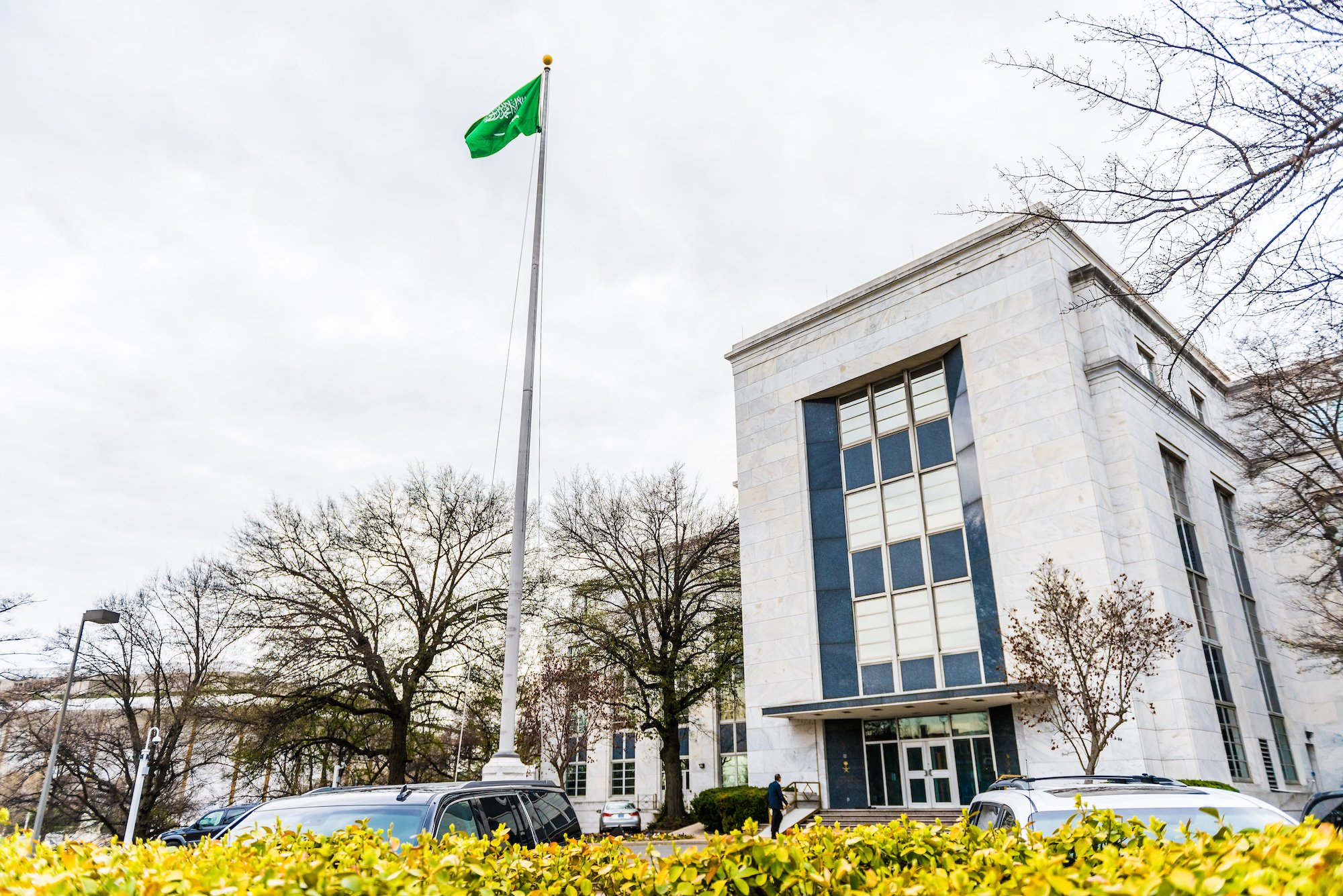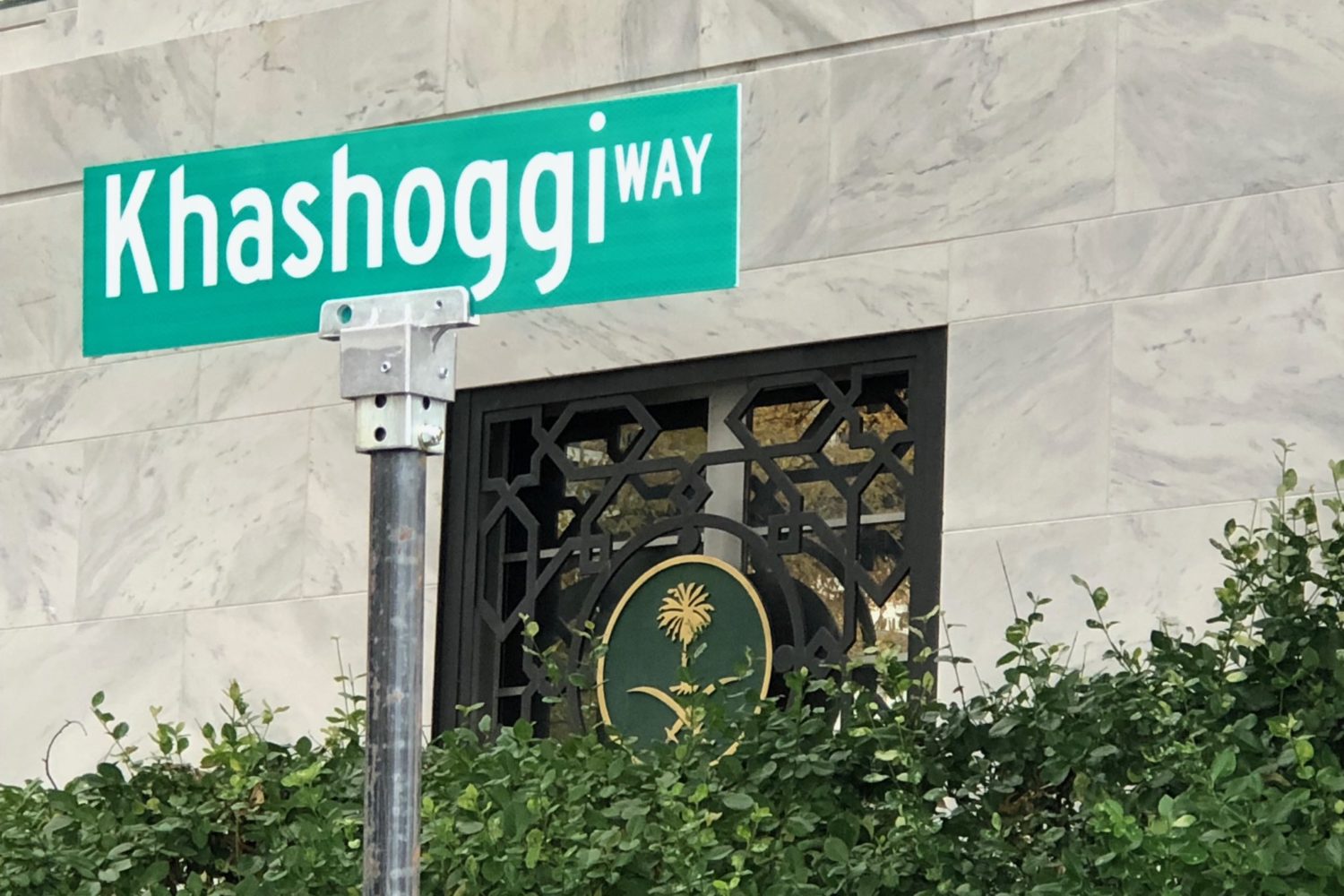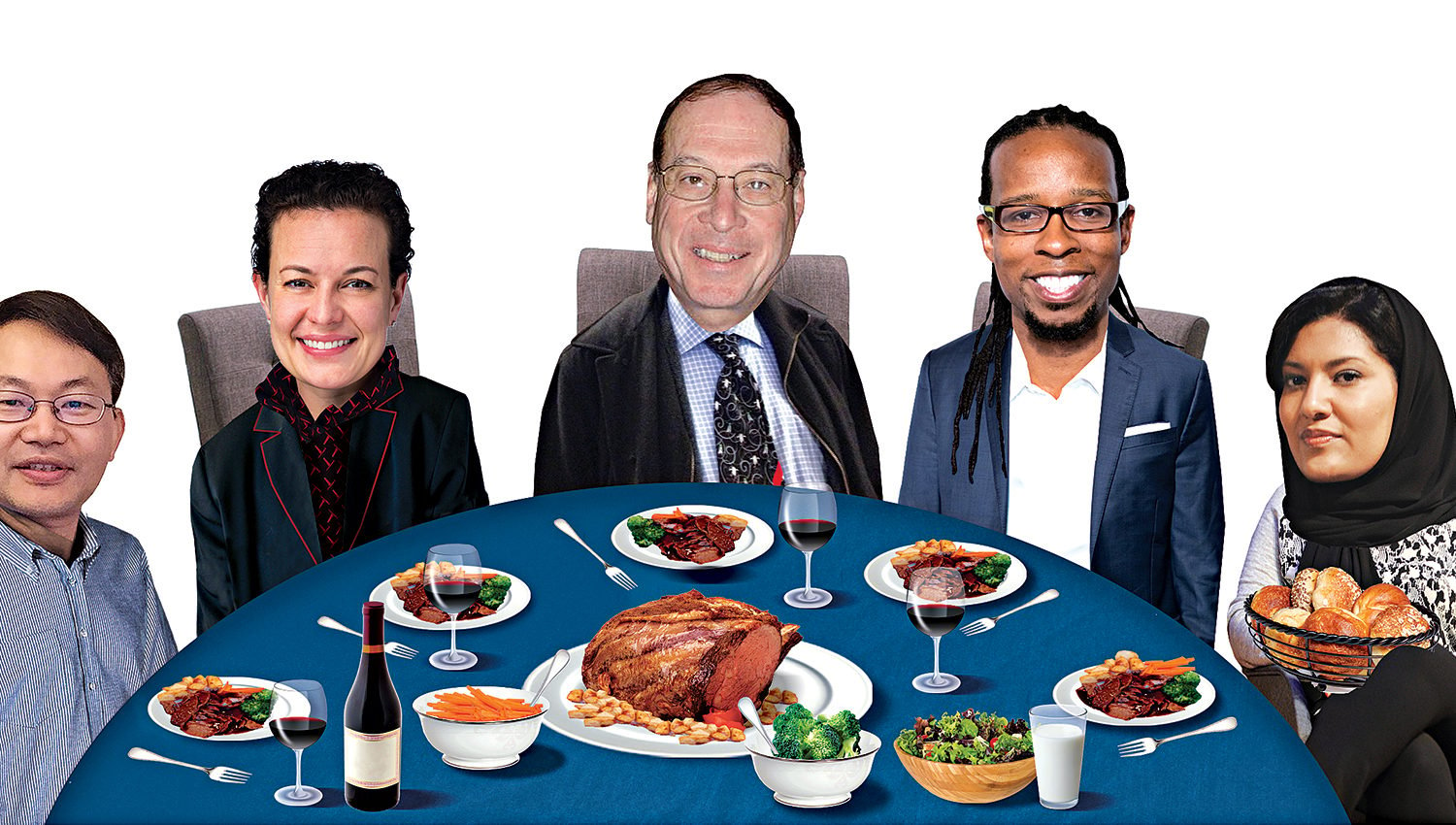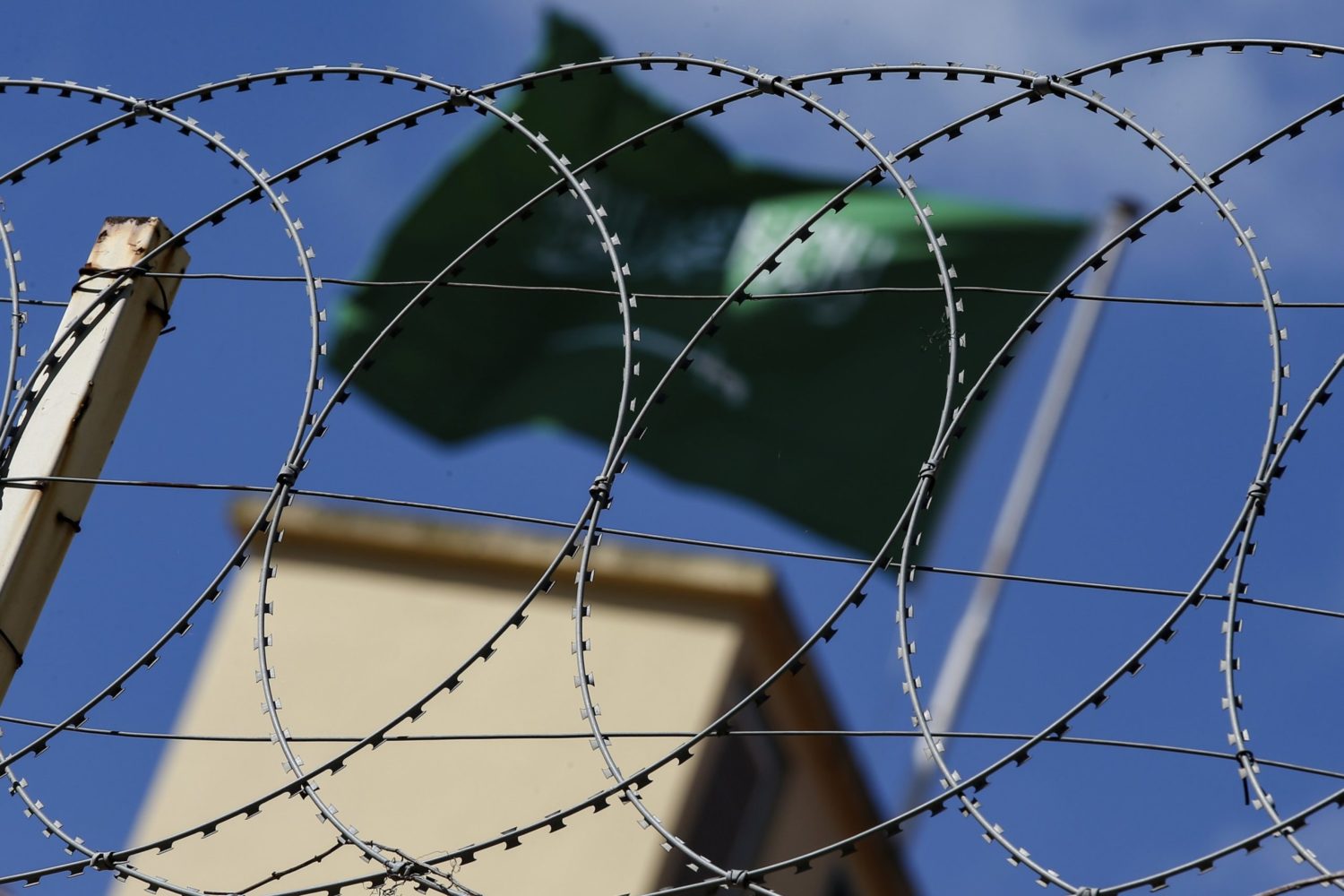Saudi Arabia recently announced its new ambassador to the US, who will replace Prince Khalid bin Salman Al Saud (the crown prince’s brother and the man who reportedly made the call to Jamal Khashoggi telling him to go to the consulate in Istanbul where he was murdered). The new pick is also a member of the Saudi royal family, but one with an unusual history.
Princess Reema bint Bandar Al Saud isn’t just the first woman to hold the position. She also spent much of her youth in DC—her father was Saudi ambassador to the US from 1983 to 2005—and she got a degree in museum studies from George Washington University.
Appointing a reformer like Princess Reema to the post seems like a transparent attempt to repair Saudi Arabia’s image in the wake of Khashoggi’s horrific killing. But even if the move doesn’t represent a genuine effort for change, her past efforts inside the kingdom are still notable.
Princess Reema moved to DC in the early ’80s, when her father began his 22-year stint as US ambassador. Since returning to Riyadh, she has pushed for increased freedoms for women inside the kingdom. She cofounded Yibreen, a women’s gym and day spa. Because female gyms were banned at the time, Reema opened it as a seamstress shop, placing a seamstress and sewing machine in a room as a front for her much larger, treadmill-and-spa-based operation, as reported in a long 2015 profile in Fast Company.
Later, Reema moved into retail, taking over as CEO of her family’s company Alfa International, which owned a Riyadh location of the department store Harvey Nichols, among other things. As the country’s first female CEO of a retail company, she recruited female employees and figured out ways to work around societal conventions that prevented women from working, such as providing transportation stipends (women weren’t allowed to drive at the time) and child care.
Those efforts didn’t go over well. Some Saudis protested the mingling of female and male employees, among other things, and the store’s profits sank by 42 percent, according to Fast Company. It recovered but continued to have trouble retaining female employees. The princess eventually left her CEO role. Since then, she has spearheaded efforts to improve breast-cancer awareness in a country that often rejects the term “breast” in public use. In 2015, Princess Reema’s social organization, Alf Khair, hosted 10KSA, an event in which more than 8,000 Saudi women came together to promote early detection and destigmatization.
Reema’s appointment comes just a year and a half after Saudi Arabia decided to give women the right to drive, but only a few months after a number of arrests of female activists. Though she hasn’t announced any intentions for the role, she did send a tweet: “I will work with God’s permission to serve my country, its leaders and all its children, and I will spare no effort to that end.”


















